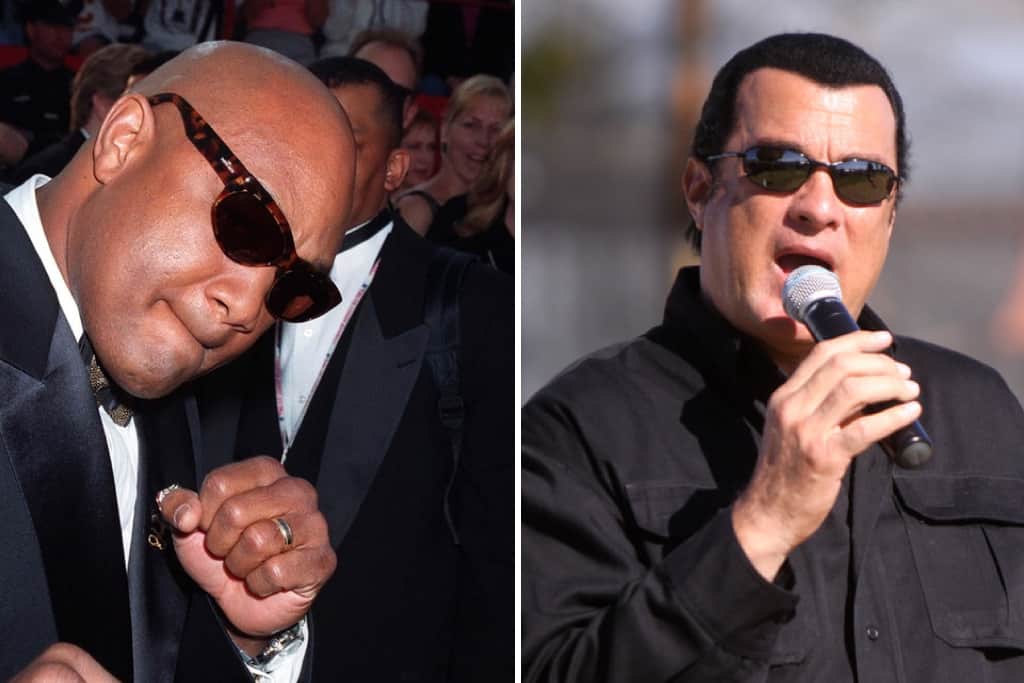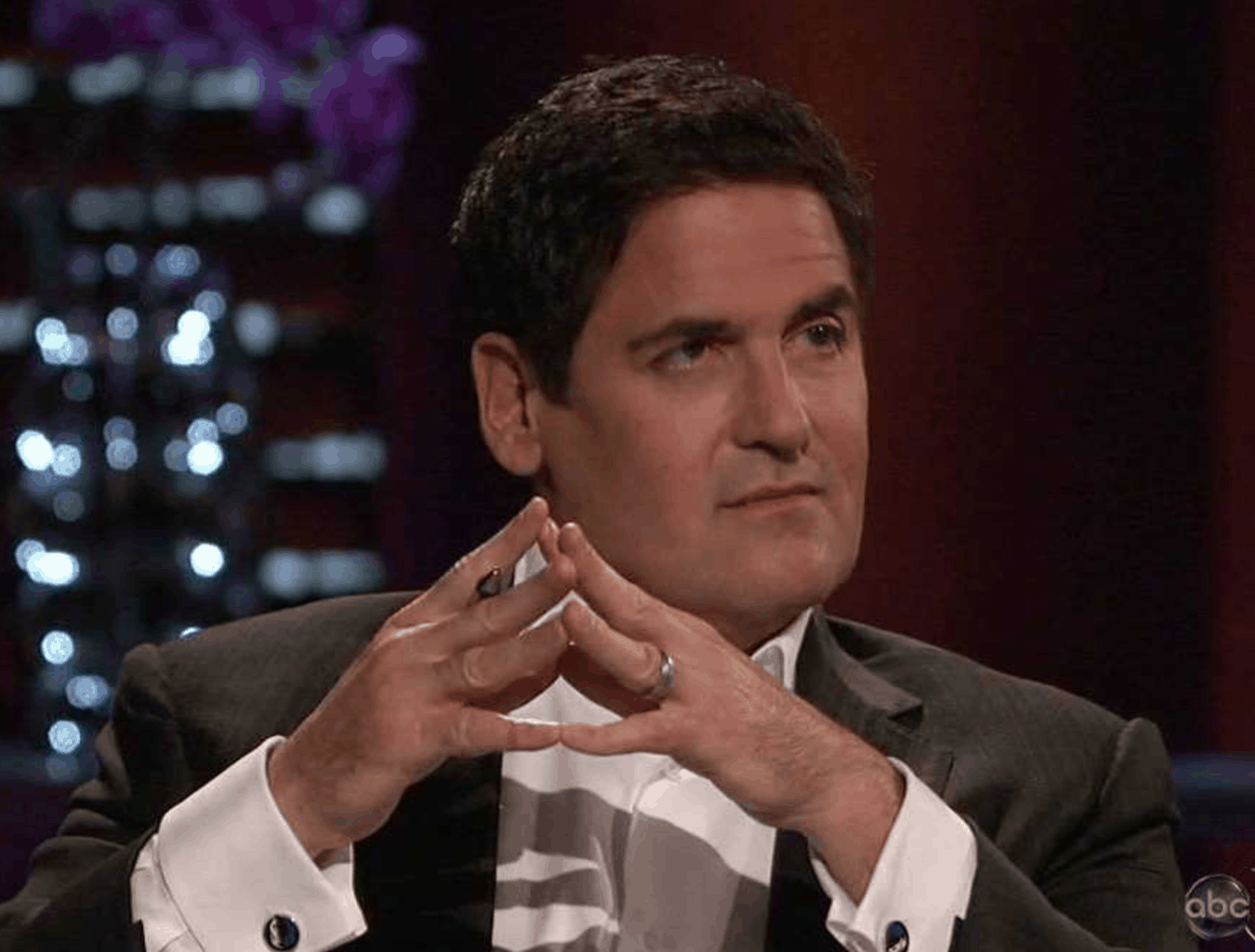
Keith Jeffery understands how hard it is to have a song truly break out. “You have publicists, you have managers, you have labels, you have a whole team of people who try and create a certain buzz and then that song just did it all on its own, which is pretty remarkable.”
Jeffery is talking about “Trojans,” a song that is the true genesis of his band, Atlas Genius, as much as anything else is. You’ve heard the song—an insidiously addictive little pop ear worm that remains a true mark of the sea change that’s taken place in the industry in the last few years. Jeffery and his brother Michael recorded
the song and uploaded it on a blog, no different than any of the other thousands of anonymous, unsigned performers do every day. But unlike those uploads, “Trojans” caught on, and currently has nearly 50 million Spotify plays. No managers. No labels. Just a good song.
“I’ve thought about it a bunch,” he says. “And as time goes on, I realized just how lucky we were with that. We had no idea anybody was gonna hear it. When the lyric and the melody match the music, and you throw in a bunch of luck and good timing then something like ‘Trojans’ can happen, I guess.”
But that was then. These days, Atlas Genius has a publicist, a manager and a label, and while this might diminish the need
for luck in the future, the band isn’t using success as a crutch. They’re committed to their craft, churning out solid albums chock-full of the sort of songs that put them on the map in the first place.
The band makes creating great music look easy but, as Jeffery will tell you, it’s been anything but.
 ON THE ROAD AGAIN
ON THE ROAD AGAIN
“Cabin fever in the studio is very real,” says Jeffery. “You’re working on something, and you can lose perspective or just plain lose your mind.”
Jeffery is frank about his love of touring—being on stage, getting the immediate feedback from the crowd. He’s less enthused about the studio, where he’s the first to admit that he can get a little trapped in his own head.
“For me, it wasn’t healthy,” he says. “Doing the second album was mentally an extreme challenge.” He explained that after 18 months on the road for their first tour, they jumped right back in the studio.
“It ended up being like 15 months before we played another show,” he says. “And in my lifetime, I’ve never had that much time away from the stage. There were some long periods of depression as a result. Looking back now, it was depression. At the time, I don’t think I diagnosed it. But looking back, it was depression.”
Depression affects people from all walks of life, but there has been particular focus on it in the music industry recently, with the tragic deaths of people like Soundgarden’s Chris Cornell and Linkin Park’s Chester Bennington, both of whom took their lives over the summer of 2017. Cornell’s death, in particular, had a profound impact on Jeffery.
“For me, [Cornell] was one of my two heroes as a kid,” Jeffery says. “Kurt Cobain, who sadly went the same way, and Chris Cornell, who seemed to have escaped it. 52. Lived healthy. Wife and kids. Seemed to have everything sorted. And one of the most respected musicians out there. The fact that he lost the battle, I think a lot of people who suffered from depression are like, ‘If he wasn’t happy how are we supposed to be happy with our lives?’”
Jeffery pauses here, thinking.
“I was kind of fascinated for a bunch of reasons,” he says. “What caused it?”
THE SADHOUSE
“It is a hard life,” Jeffery says of being out on the road. “And
I think there is a fine line. As a musician, I know when I
hear about rich and famous musicians complaining about their depression, as a fan, you’re like, ‘What are you talking about? You live this privileged life …’ But it is a real thing because it’s such a bulls*** existence. Because you play on stage, you have a thousand or 10 thousand people giving all this love, then you’re in a hotel by yourself; then you’re on a bus and then you’re using alcohol or drugs or sex, these things that are very temporary mood enhancers and then they go away. It’s unnatural.”
Jeffery’s not just musing over hypotheticals here—he’s speaking from personal experience. His time on the road did something to him, he says. It forced him out of his own head.
“You get that feedback from the crowd, it gets you through,” he explains. “On the tour, I’d be extremely tired from the work, but those hours you spend on stage where you might have— like at Lollapalooza—10,000 people giving you that instant feedback. That keeps you going.”
LIKE A HUMAN BEING
Where’s it gotten him? To making music that’s more representative of his state of mind: a bit more buoyant, a bit more optimistic and, if you ask him, a lot better. “I think if I’m in a happier place I tend to be more able to see the bigger picture with the art that we’re creating,” he explains. “People who have been in depressed states have written great music, but it tends to be of a certain style, and I don’t think it’s the best way to go about it.”
The result is a new lease on music, and a better perspective on the industry in general. “When I’m feeling good, there tends to be a bit more of an awareness of the other aspects of a song,” he says. “Like if I’m writing, it’s not just one thing I’m writing. It’s the lyrics, the melody, the instrumentation that fields the production. All those different things. I’m better at doing all of that when I’m feeling like a human being.”























